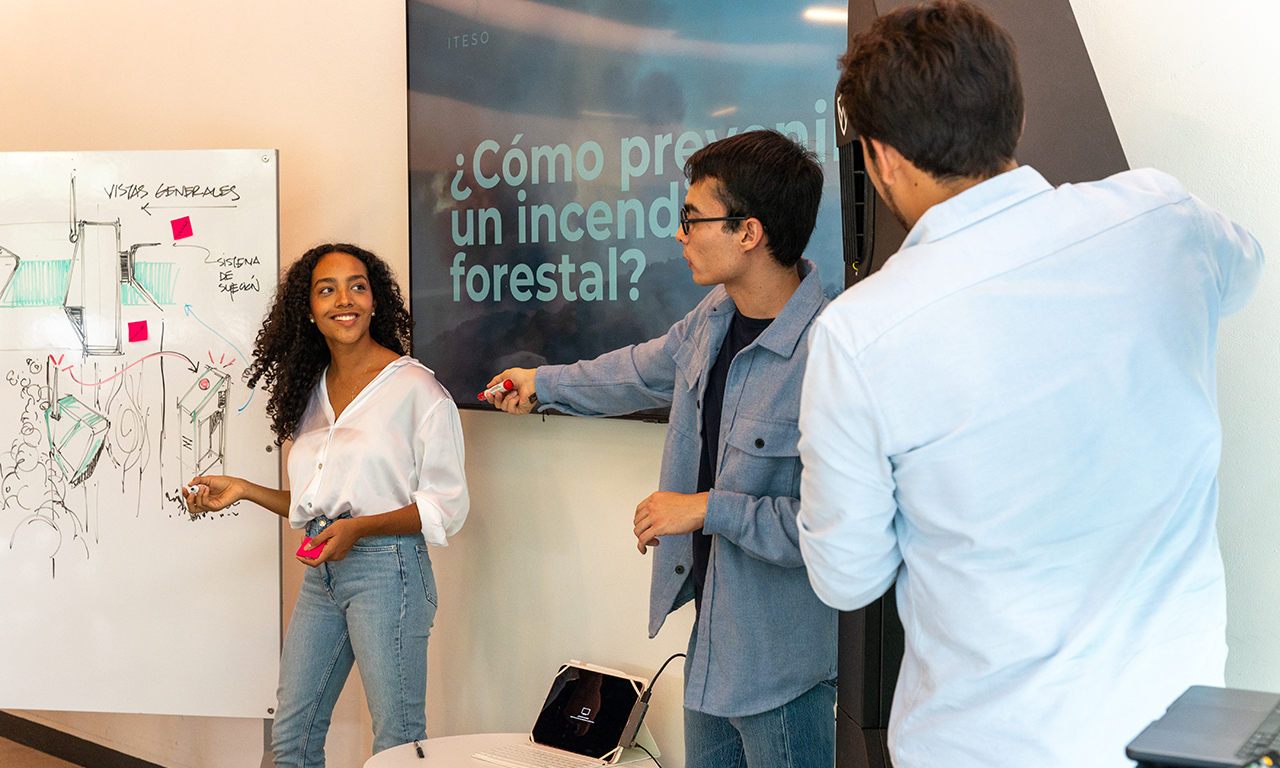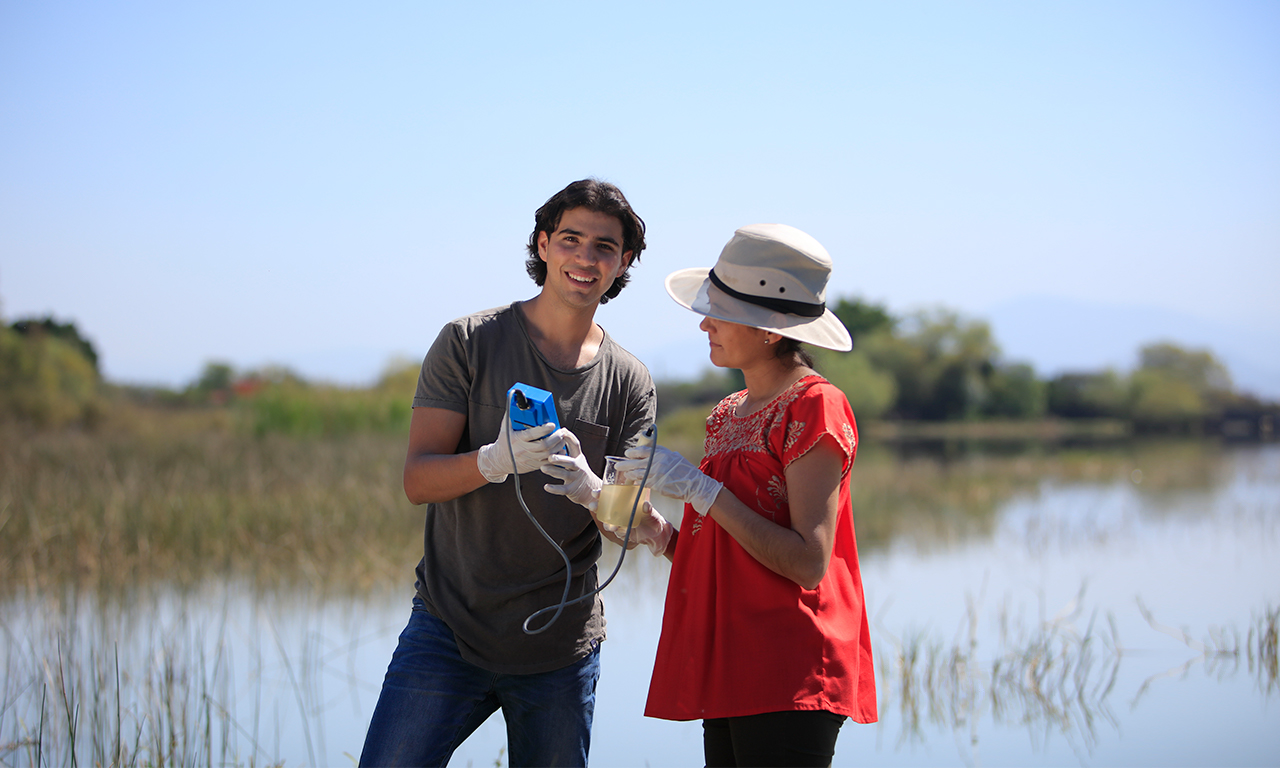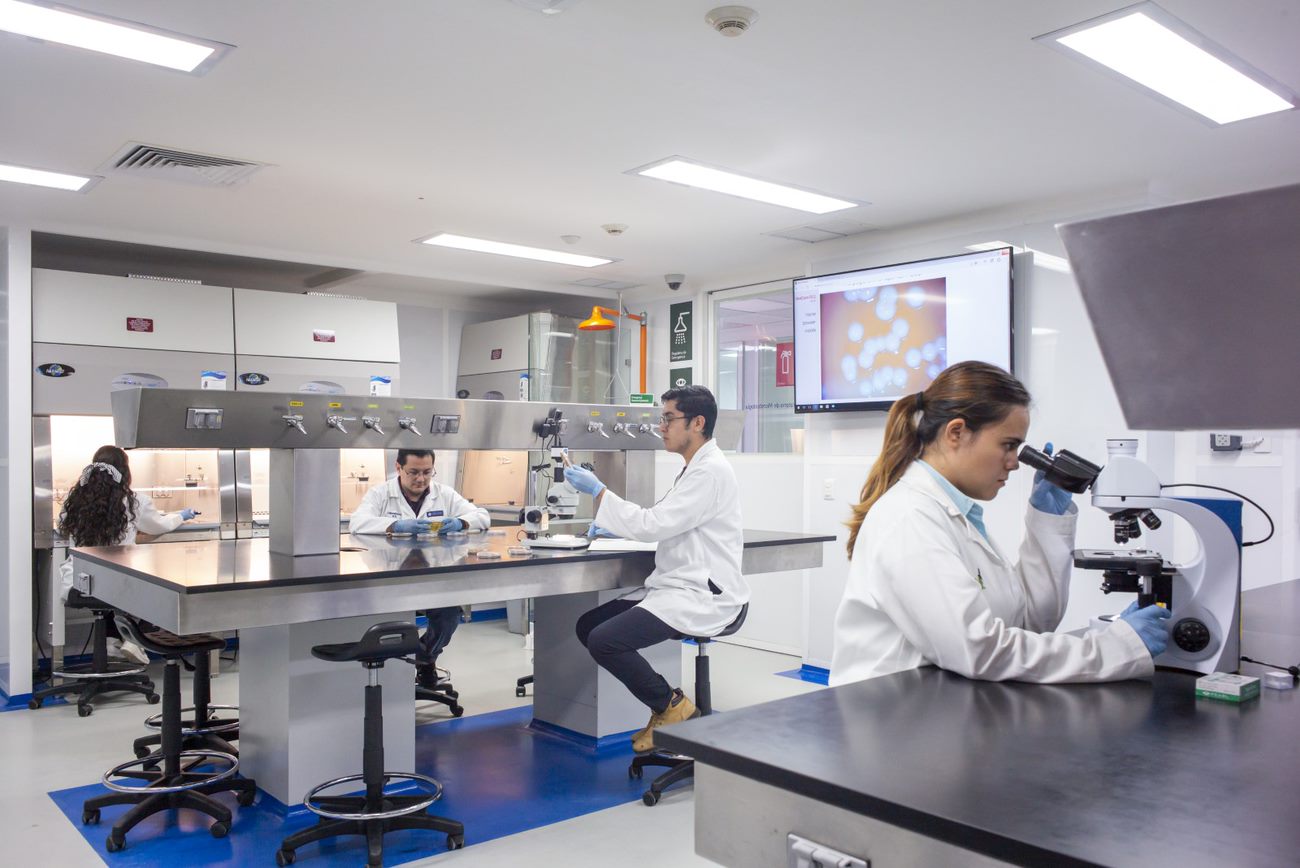Ingeniería en Sistemas Computacionales
MENU_GENERALES_CARRERAS_BT4
Administra y automatiza las tecnologías de la información con un enfoque ético e innovador
WHATSAPP_ADMISION_GENERALES_CARRERAS_CTA3
¡Escríbenos por WhatsApp! Permítenos acompañarte en tu proceso de admisión
CONCURSOS_ADMISION_CTA

¡Participa en el concurso para obtener una beca!
Ver másINGENIERIA_EN_SISTEMAS_COMPUTACIONALES_TU_CARRERA_CTA
Tu carrera
Crea soluciones tecnológicas de vanguardia que permitan resolver problemas concretos y atender necesidades poniendo al centro a las personas.
esta carrera en el ITESO
Te integras a la carrera de Sistemas más reconocida por las empresas líderes en México por su alto nivel de especialización.
Crea proyectos en laboratorios de vanguardia especializados en sistemas de información, plataformas operativas, entre otros.
Te acompañan profesionales e investigadores con reconocimiento dentro y fuera del país y con amplia trayectoria.
PAP_GENERALES_CARRERAS_CTA1

Formación en acción
Conoce los Proyectos de Aplicación Profesionalsubtitulo 01
parrafo 01
subtitulo 02
parrafo 02
Desarrollo profesional
Centro Universidad Empresa
Crea tu propia empresa y genera oportunidades de empleo con un enfoque de los negocios centrado en las personas.
-
Desarrolla tu idea y modelo de negocio con el acompañamiento de una consultoría especializada, desde la idea inicial de tu empresa y hasta lograr su madurez.
-
Aprende a recabar, interpretar y utilizar información valiosa para el arranque y el sostenimiento de tu empresa.
-
Echa a andar proyectos de emprendimiento de economía social, generando crecimiento económico gracias a la cooperación, la inclusión y la confianza, a fin de lograr un beneficio compartido por la sociedad.
Centro para la Gestión de la Innovación y la Tecnología
Explora un ecosistema de innovación y competitividad donde puedes desarrollar proyectos de base tecnológica en sectores estratégicos como electrónica, energías verdes, tecnologías de información y farmacéutica, mientras generas un impacto positivo en la sociedad. Al acercarte a la Incubadora de Empresas Tecnológicas podrás contar con los siguientes beneficios:
-
Aplicación del conocimiento y gestión de proyectos tecnológicos.
-
Vinculación efectiva con instituciones públicas y privadas y organizaciones civiles, entre otros actores de la economía.
-
Posibilidades de contribuir al desarrollo económico, social y ambiental.
Conoce los servicios que te brinda el ITESO para tu inserción en el mundo laboral.
-
Haz tus prácticas profesionales y comienza a forjar tu experiencia y tu trayectoria laboral.
-
Vincúlate con empresas nacionales e internacionales a través de la bolsa de trabajo o de las ferias del empleo y el emprendimiento.
-
Participa en redes profesionales que abren para ti escenarios de colaboración.
-
Desarrolla tu currículum y tu portafolios de trabajo con asesoría personalizada.
RUTA_SUGERIDA_INGENIERIA_SISTEMAS_COMPUTACIONALES_BL3
Ingeniería en Sistemas Computacionales
(Modalidad Mixta)
Los Proyectos de Aplicación Profesional PAP son espacios de vinculación con comunidades, organizaciones, empresas y gobierno, a través de los cuales estudiantes y profesorado del ITESO ponen en práctica sus habilidades profesionales para incidir estratégicamente en las problemáticas de la sociedad.
VIDA_UNIVERSITARIA_AZUL_BT1

Estudia en un campus con más de 100 laboratorios especializados equipados con tecnología de punta, instalaciones deportivas y culturales de primer nivel, todo dentro de un bosque universitario con más de 4 mil árboles. Es un espacio para el encuentro, la creación, la innovación y la colaboración, que estimula de manera integral el desarrollo intelectual, emocional, físico y espiritual.

Sé parte de un proyecto formativo comprometido con su entorno y con el mundo, que genera conocimiento pertinente y transformador desde un saber riguroso, humanista, crítico y flexible al servicio de la sociedad.

Actívate y mejora tu salud y tu calidad de vida de manera equilibrada. Toma clases físicas intégrate a los equipos que representan al ITESO, excelentes entrenadores y especialistas en nutrición, medicina y psicología del deporte te ayudarán a cuidarte más y a mejorar tu desempeño. Centro de Educación Física y Salud Integral

Experimenta y exprésate a través de las artes plásticas, escénicas y visuales. Encontrarás talleres de pintura, música, poesía, cerámica, literatura, baile, teatro, fotografía, escultura, gestión del patrimonio y mucho más. Podrás disfrutar de exposiciones y presentaciones en el campus y en la Casa ITESO Clavigero.

Abre tu corazón y alimenta tu espíritu. Vive la espiritualidad ignaciana y busca el sentido profundo de experiencias y aprendizajes que te invitan a definir tu proyecto de vida, a emprender proyectos comprometidos y a formarte como un líder social que transforma la realidad de su comunidad.

Vive tu experiencia universitaria en compañía. Encontrarás cerca de ti a personas dispuestas a brindarte orientación psicoafectiva y académica. Ser ITESO es ser parte de una comunidad diversa, creativa y solidaria.

Vive una formación internacional en la que interactúas con estudiantes y profesores de otras regiones, desde una perspectiva abierta al diálogo intercultural, la ciudadanía global y el dominio de diversos idiomas. El ITESO forma parte de la red educativa más grande del mundo con presencia en más de 180 países, podrás viajar de intercambio o estudiar a la distancia.

Conoce la biblioteca del ITESO, un lugar único que alberga más de 640 mil volúmenes físicos y 200 mil digitales entre libros, revistas, planos, películas y hasta una colección de libros raros y antiguos. Disfruta de sus salas de lectura, de exposiciones, de cine, el ágora, la materioteca y diversidad de espacios para el trabajo individual o en equipo.

Realiza tus estudios universitarios en uno de los campus más sustentables del país y uno de los pocos en el mundo con un bosque bajo su cuidado. Participa en proyectos enfocados en la conservación y protección de áreas naturales y desarrolla iniciativas de consumo responsable que disminuyan el impacto ambiental ¡Contribuye desde tu profesión al cuidado de nuestra casa común!

Encuentra soluciones y desarrolla tus ideas en los espacios de experimentación e innovación de procesos y productos equipados con tecnología de punta que el ITESO tiene para ti. Impulsa la construcción de nuevas realidades que conduzcan a la creación de un mundo más sustentable, más justo y más humano.
Nuestro campus
Compromiso social
Deporte y salud
Cultura y arte
Espiritualidad jesuita
Acompañamiento
Internacionalización
Biblioteca
Sustentabilidad
Laboratorios
Estudia en un campus con más de 100 laboratorios especializados equipados con tecnología de punta, instalaciones deportivas y culturales de primer nivel, todo dentro de un bosque universitario con más de 4 mil árboles. Es un espacio para el encuentro, la creación, la innovación y la colaboración, que estimula de manera integral el desarrollo intelectual, emocional, físico y espiritual.
Sé parte de un proyecto formativo comprometido con su entorno y con el mundo, que genera conocimiento pertinente y transformador desde un saber riguroso, humanista, crítico y flexible al servicio de la sociedad.
Actívate y mejora tu salud y tu calidad de vida de manera equilibrada. Toma clases físicas intégrate a los equipos que representan al ITESO, excelentes entrenadores y especialistas en nutrición, medicina y psicología del deporte te ayudarán a cuidarte más y a mejorar tu desempeño. Centro de Educación Física y Salud Integral
Experimenta y exprésate a través de las artes plásticas, escénicas y visuales. Encontrarás talleres de pintura, música, poesía, cerámica, literatura, baile, teatro, fotografía, escultura, gestión del patrimonio y mucho más. Podrás disfrutar de exposiciones y presentaciones en el campus y en la Casa ITESO Clavigero.
Abre tu corazón y alimenta tu espíritu. Vive la espiritualidad ignaciana y busca el sentido profundo de experiencias y aprendizajes que te invitan a definir tu proyecto de vida, a emprender proyectos comprometidos y a formarte como un líder social que transforma la realidad de su comunidad.
Vive tu experiencia universitaria en compañía. Encontrarás cerca de ti a personas dispuestas a brindarte orientación psicoafectiva y académica. Ser ITESO es ser parte de una comunidad diversa, creativa y solidaria.
Vive una formación internacional en la que interactúas con estudiantes y profesores de otras regiones, desde una perspectiva abierta al diálogo intercultural, la ciudadanía global y el dominio de diversos idiomas. El ITESO forma parte de la red educativa más grande del mundo con presencia en más de 180 países, podrás viajar de intercambio o estudiar a la distancia.
Conoce la biblioteca del ITESO, un lugar único que alberga más de 640 mil volúmenes físicos y 200 mil digitales entre libros, revistas, planos, películas y hasta una colección de libros raros y antiguos. Disfruta de sus salas de lectura, de exposiciones, de cine, el ágora, la materioteca y diversidad de espacios para el trabajo individual o en equipo.
Realiza tus estudios universitarios en uno de los campus más sustentables del país y uno de los pocos en el mundo con un bosque bajo su cuidado. Participa en proyectos enfocados en la conservación y protección de áreas naturales y desarrolla iniciativas de consumo responsable que disminuyan el impacto ambiental ¡Contribuye desde tu profesión al cuidado de nuestra casa común!
Encuentra soluciones y desarrolla tus ideas en los espacios de experimentación e innovación de procesos y productos equipados con tecnología de punta que el ITESO tiene para ti. Impulsa la construcción de nuevas realidades que conduzcan a la creación de un mundo más sustentable, más justo y más humano.
BC6-Ingeniería en Sistemas Computacionales
ORIENTACION_VOCACIONAL_GENERALES_CARRERAS_CTA3
Orientación vocacional
¿Tienes dudas sobre qué carrera estudiar? Con gusto te brindamos acompañamiento orienta@iteso.mx o en el teléfono 33 3669 3434, ext. 3246.
OTRAS_CARRERAS_TITULO_GENERALES_CARRERAS_BL3
Otras carreras que te pueden interesar
Noticias
Publicador de contenidos

Dr. Luis Fernando Gutiérrez Preciado
Doctor y maestro en Ciencias, con especialidad en Ingeniería Eléctrica por el Centro de Investigación y de Estudios Avanzados (Cinvestav), en la unidad Guadalajara del Instituto Politécnico Nacional (IPN). Además, es Ingeniero en Sistemas Computacionales por la Universidad Autónoma de Aguascalientes. Tiene experiencia como colaborador en la creación de tecnologías novedosas de procesamiento paralelo. Realizó una estancia en el laboratorio de Visión Computacional en el ETH en Zúrich, Suiza. Sus áreas de especialización son algoritmia y desarrollo de aplicaciones web; lidera el proyecto de investigación “Minería de grafos: análisis y visualización de redes de información”.




